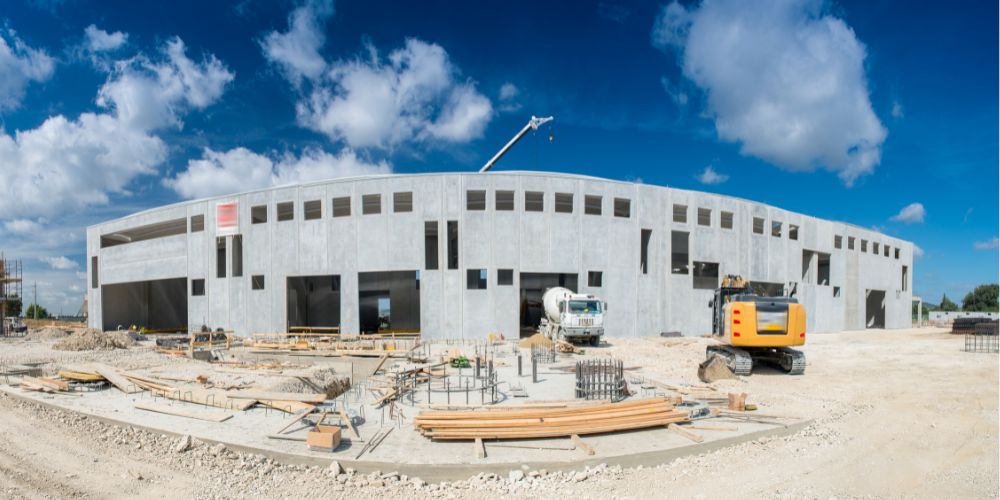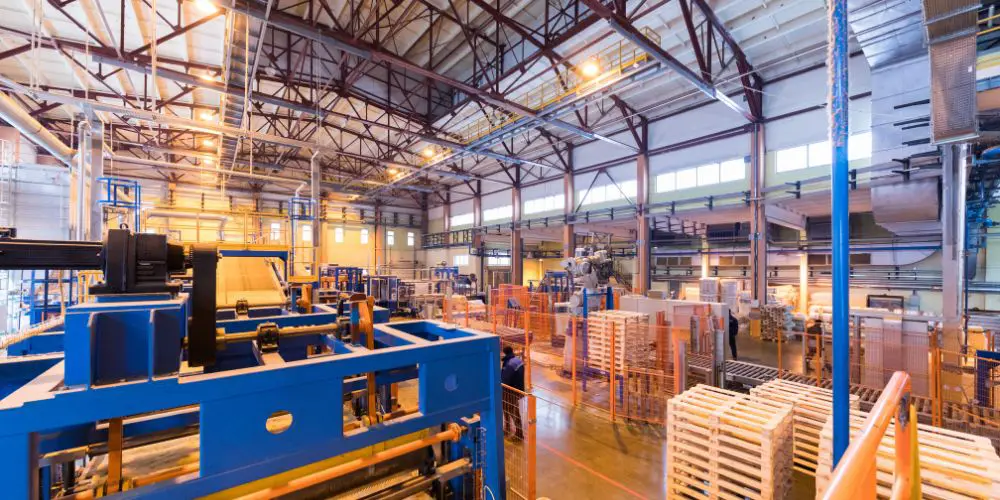Construction Company Marketing: Guide to Effective Marketing for Companies in the Construction Industry
In an ever-changing world of construction company marketing and construction industry marketing, the brick-and-mortar world of the construction industry isn’t exempt from the need for a solid online marketing presence. Marketing is no longer just about word-of-mouth or a well-placed billboard; it’s about understanding digital platforms, differentiating your firm, and creating strategies that resonate with your audience.
Understanding the Nuances of the Construction Market
Before devising a marketing strategy, it’s crucial to grasp the current construction market and marketing dynamics. Every segment of the construction industry is unique. Being attuned to their needs, pain points, and how your prospects seek construction services in the digital space can place your firm at a competitive advantage. It is for this reason that it is critical that any marketing partners you work with have a deep understanding of the construction market and how the market works. The construction industry is different. You cannot just apply a generic marketing approach and expect to get results.
Differentiating Your Commercial Construction Company in the B2B Sphere
In the bustling arena of commercial construction, businesses aren’t merely purchasing services; they’re seeking dependable partnerships, consistent reliability, and unmatched expertise. Catering to a B2B construction audience brings its unique set of challenges, where the emphasis isn’t just on the product, but the value, trust, and long-term relationships you bring to the table. Here’s how you can set your B2B construction firm distinctly ahead of the competition:
Unique Selling Proposition (USP) for the B2B Construction Market:
Commercial construction is marked by its stringent requirements, including timely delivery, regulatory adherence, scalability, and an emphasis on sustainability. Is your firm at the forefront of innovative modular construction methods that streamline project timelines? Or do you hold esteemed expertise in adhering to LEED standards? Pinpoint the distinct attributes that set your services apart in the B2B sector and underscore them in your marketing narratives.
Expertise in Specific Commercial Niches:
The commercial construction sector is diverse, spanning from retail spaces to vast industrial complexes. Specializing in a particular niche—be it office buildings with ergonomic designs or state-of-the-art manufacturing facilities—can position your firm as the go-to expert in that domain.
Stellar Project Management:
Businesses appreciate a smooth, hassle-free construction process. Showcasing your company’s expertise in project management, through case studies or client testimonials, can instill confidence in potential clients. Detail how you’ve kept complex projects on track, mitigated unforeseen challenges, and consistently delivered on time and within budget.
Innovative Technology Integration:
The modern construction world is rapidly integrating technology, from Building Information Modelling (BIM) to smart construction tools. Demonstrating your company’s adeptness with these technologies can be a game-changer, especially when targeting tech-savvy or larger enterprises.
Your Unique B2B Construction Story:
Every construction industry company has a story—challenges faced, innovative solutions deployed, and the impact on the client’s business. Sharing these stories can resonate with potential business clients, giving them a tangible sense of what working with your firm looks like. Consider creating detailed case studies on past projects, underscoring your problem-solving prowess and commitment to clients’ business goals.
Long-Term Partnership Approach:
In the commercial construction arena, one-off projects can evolve into long-term contracts if you play your cards right. Emphasize your company’s commitment to fostering lasting partnerships. Highlight after-build services, maintenance contracts, or consultancy services that extend beyond the construction phase.
By zeroing in on these differentiating factors tailored to the B2B and commercial market, your construction firm can carve a unique identity, making it the preferred choice for businesses seeking construction services.
Digital Marketing Strategies for Construction Companies
In today’s fast-paced digital era, merely having a presence online isn’t enough. For commercial construction companies aiming to capture the B2B market, a robust and well-executed digital strategy is the linchpin for success. Whether you’re establishing your initial digital footprint or refining an existing one, here are the tactics to explore in order to ensure your digital marketing efforts resonate with your business audience effectively.
Search Engine Optimization (SEO) for Construction:
Optimize your site with construction-centric content to rank higher on search engines such as Google. SEO is both an art and a science so effective SEO is much more than just stuffing keywords into an article and hoping for the best.
Content Marketing for Construction:
Regularly updated website content and blogs can showcase your expertise, offer insights into construction trends, and improve SEO. Video content, from project walkthroughs to client testimonials, can engage visitors and convert leads.
Website Development for Construction:
Your website is how the world finds you and explores your services. Ensure it’s mobile-responsive, user-friendly, and showcases your projects and testimonials prominently.
LinkedIn Marketing for Construction:
There are several aspects of construction industry LinkedIn marketing that are important to consider including having great personal profiles for your management team and a professional company page highlighting achievements, projects, and content that your prospects would find valuable.
Networking for Construction:
Connect with industry leaders, potential clients, and alumni. It’s not about quantity but the quality of connections.
Email Marketing for Construction:
A direct line to your clients. Share company newsletters, project updates, and industry insights. Segment your audience for more targeted, effective messaging.
Google Ads and Paid LinkedIn Advertising Strategies for Construction:
Use Google Ads for PPC campaigns, targeting keywords related to construction. On LinkedIn, deploy targeted ad campaigns to reach specific demographics. Regularly monitor and adjust for optimal ROI.
Analytics and Performance Measurement
Your marketing endeavors should always be data-driven.
Measurement Tools:
Platforms like Google Analytics can provide insights into website traffic, user behavior, and conversion metrics.
KPIs:
Track metrics like website visits, bounce rate, lead conversion, and engagement levels on LinkedIn. Use these insights to refine your strategies continually.
Conclusion
Navigating the digital landscape for construction company marketing might seem daunting, but with the right strategies in place, construction firms can significantly bolster their market presence. Differentiating your firm and harnessing the digital realm’s power can yield impressive results.
Want to construct a marketing strategy as sturdy as your builds? Reach out to ZAG FIRST B2B Marketing, where expert guidance awaits to elevate your construction company’s digital marketing game.





